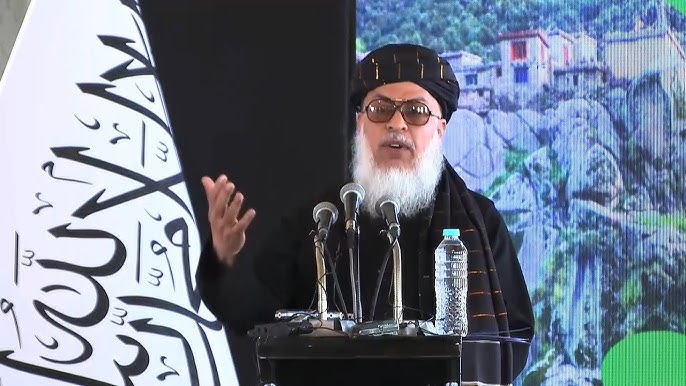The Taliban’s Deputy Foreign Minister for Political Affairs has openly criticised the group’s ban on women’s education, stating it has no basis in Islamic teachings. Abbas Stanekzai admitted that the prohibition on girls attending schools and universities is merely the personal opinion of Hibatullah Akhundzada, the Taliban’s Supreme Leader.
Speaking at a religious school graduation ceremony in Khost Province on Saturday, Stanekzai described the Taliban’s actions as un-Islamic. He said the ban deprives 20 million Afghan women of their fundamental rights. Since coming to power, the Taliban has closed schools for girls beyond the sixth grade and barred women from universities. Women are also banned from government jobs, non-governmental organisations, parks, and sports. The group even prohibits women’s voices from being heard publicly.
Stanekzai called these restrictions unjust, asserting they stem from personal preferences rather than Islamic law. He urged the Taliban leadership to allow girls back into schools and universities, stating there is no valid justification for the ban. He remarked, “Out of Afghanistan’s 40 million population, we are committing injustice against 20 million women. How will we answer for this on the Day of Judgement?”
This is not the first time Stanekzai has voiced opposition to the Taliban’s policies. He has previously criticised the ban on girls’ education and demanded better treatment of women under Taliban rule.
During his speech, Stanekzai highlighted the struggles Afghan women face. He noted that they are often denied their inheritance, forced into compensatory marriages, and excluded from places of worship and learning. He questioned whether such practices align with Islamic principles.
Stanekzai acknowledged that the Taliban’s treatment of women has drawn global criticism. He said, “The entire world confronts us over this issue. They criticise us for it. We have taken a path that is shaped by our own personal tendencies, not by Islamic law.”
Despite these remarks, Hibatullah Akhundzada has instructed Taliban officials to avoid public criticism of the group’s policies. Instead, they are directed to share their concerns privately.
Over the past three years, many Islamic scholars worldwide have condemned the Taliban’s stance on women. They argue that such restrictions contradict Islamic teachings and undermine the principles of justice and equality in Islam.


